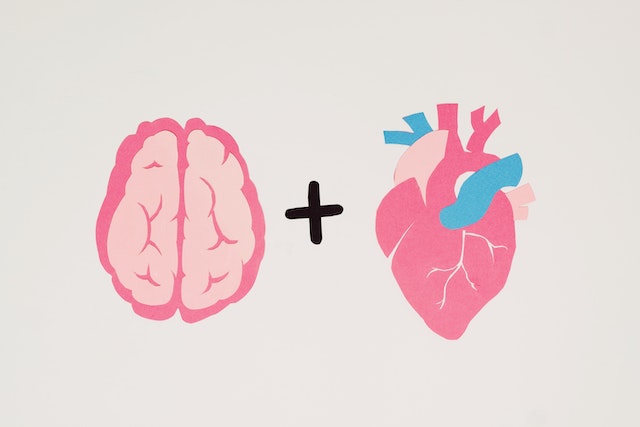In the realm of existential questions, few are as profound as pondering the nature of life and death. Throughout history, humans have sought answers, grappling with concepts such as mortality and the possibility of an afterlife. But what if we were to consider the radical idea that our minds are immortal, that consciousness transcends the physical realm? Accepting this notion could challenge everything we know about life and death, revolutionizing our understanding of existence itself.
The prevailing scientific view considers consciousness as an emergent property of the brain, intricately tied to neural activity and the physical body. However, an alternative perspective suggests that consciousness is not confined to the boundaries of the brain but rather exists independently, unbound by the limitations of time and space.
If we accept the immortality of our minds, it opens the door to the idea that consciousness may continue beyond the death of the physical body. This concept is not tied to any particular religious or spiritual belief but rather challenges us to explore the fundamental nature of consciousness and its relationship to our existence.
The implications of accepting the immortality of our minds are far-reaching. It challenges traditional notions of mortality and the finality of death, offering the possibility of a continued journey beyond the confines of our earthly existence. This shift in perspective could inspire a profound sense of meaning, purpose, and interconnectedness, shaping how we navigate our lives and interact with the world.
One potential consequence is a reevaluation of our priorities and values. If we embrace the idea that our minds are immortal, we may prioritize personal growth, the pursuit of knowledge, and the cultivation of meaningful relationships. The transient nature of material possessions and societal success may fade in significance compared to the enduring legacy of personal growth and the impact we have on others.
Accepting the immortality of our minds also has the potential to transform our understanding of death. Instead of viewing death as an endpoint, it becomes a transition, a gateway to another phase of existence. This perspective may alleviate the fear and anxiety associated with mortality, fostering a more positive and accepting approach to the inevitable cycles of life.
Furthermore, embracing the idea of immortal minds opens new avenues for scientific exploration. It challenges researchers to delve deeper into the mysteries of consciousness, seeking to understand its origins, nature, and potential for existence beyond the physical realm. Exploring the immortality of our minds could lead to advancements in neuroscience, quantum physics, and philosophy, bringing us closer to unraveling the enigma of consciousness itself.
However, it is important to approach this idea with critical thinking and skepticism. The concept of immortal minds, while intriguing, remains speculative and lacks empirical evidence. As journalists, we have a responsibility to present alternative perspectives while adhering to journalistic ethics, ensuring that our reporting is accurate and grounded in scientific knowledge.
While the notion of immortal minds may challenge established paradigms, it invites us to engage in profound philosophical and existential discussions. It encourages us to contemplate our place in the universe, the nature of consciousness, and the mysteries that lie beyond our current understanding.
In the face of this transformative idea, we have an opportunity to expand our horizons, questioning assumptions, and embracing the unknown. Exploring the potential immortality of our minds invites us to reconsider the fundamental questions of life and death, igniting a curiosity that may shape the trajectory of human thought and understanding for generations to come.




